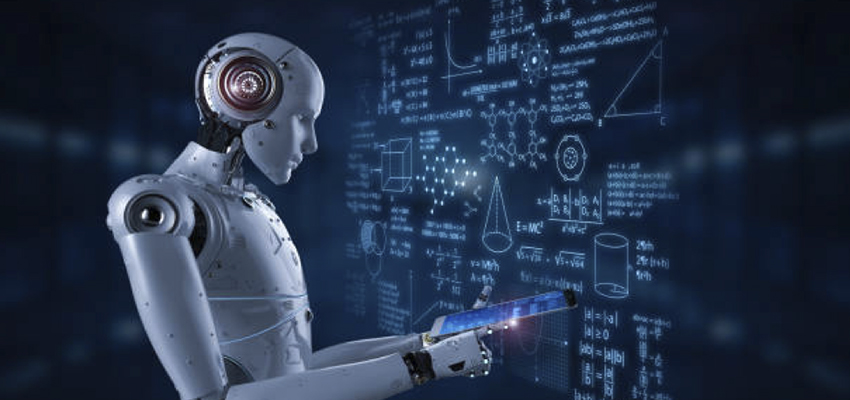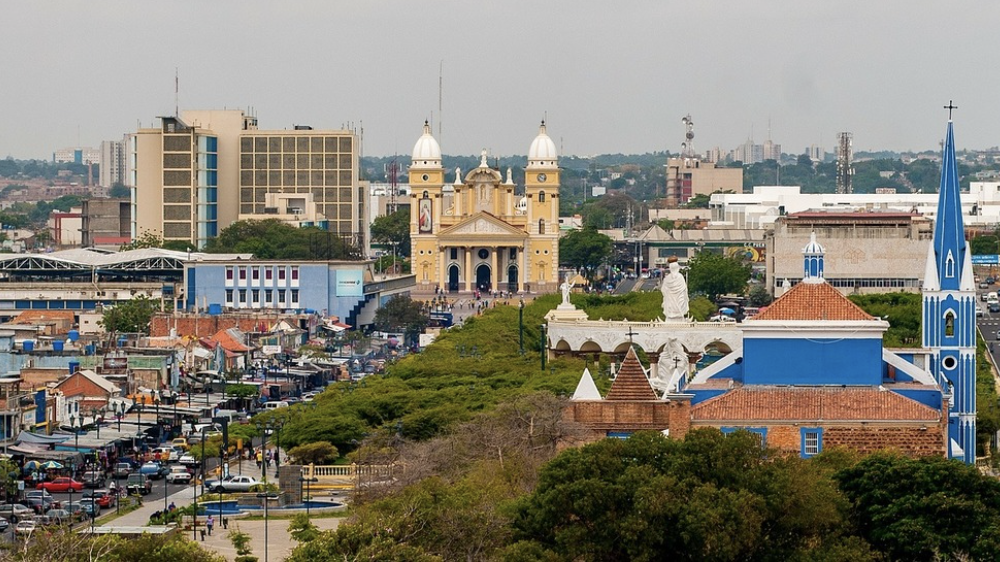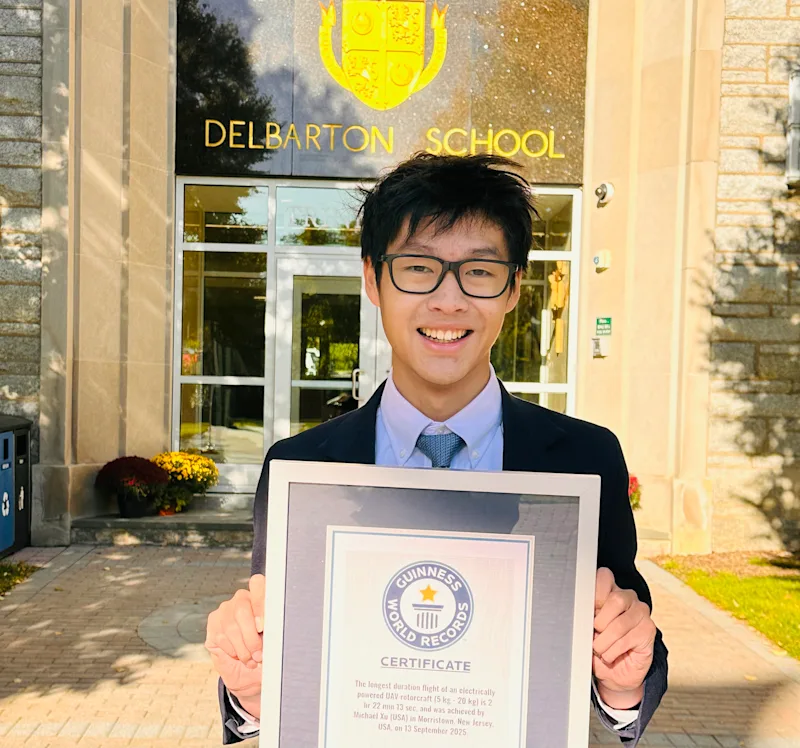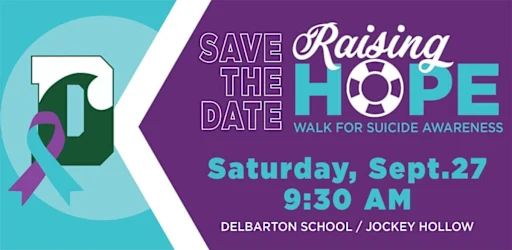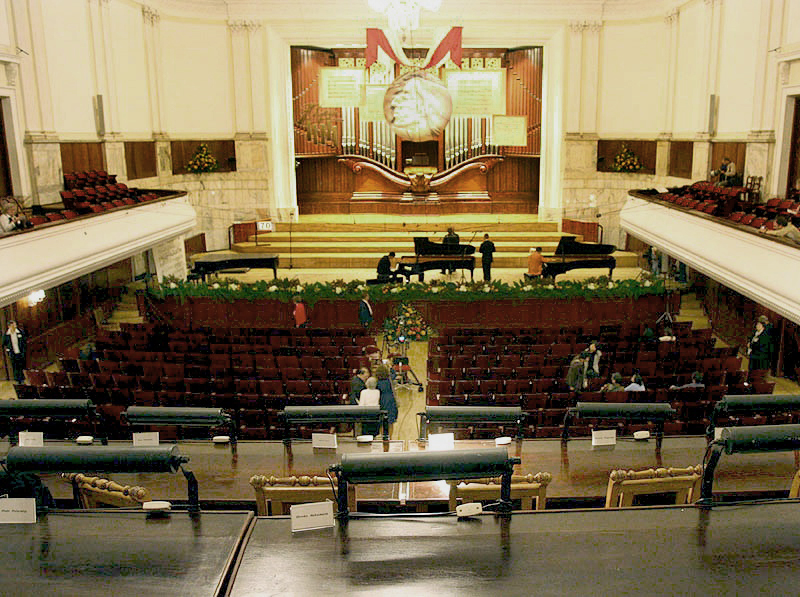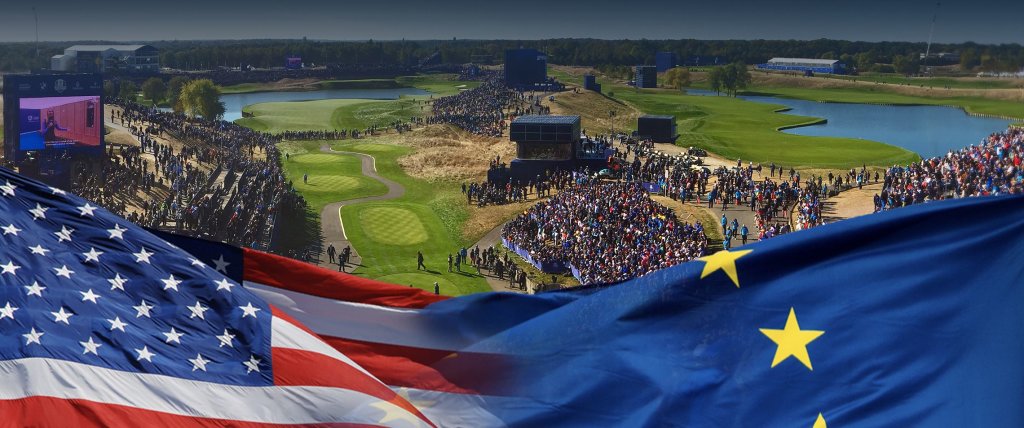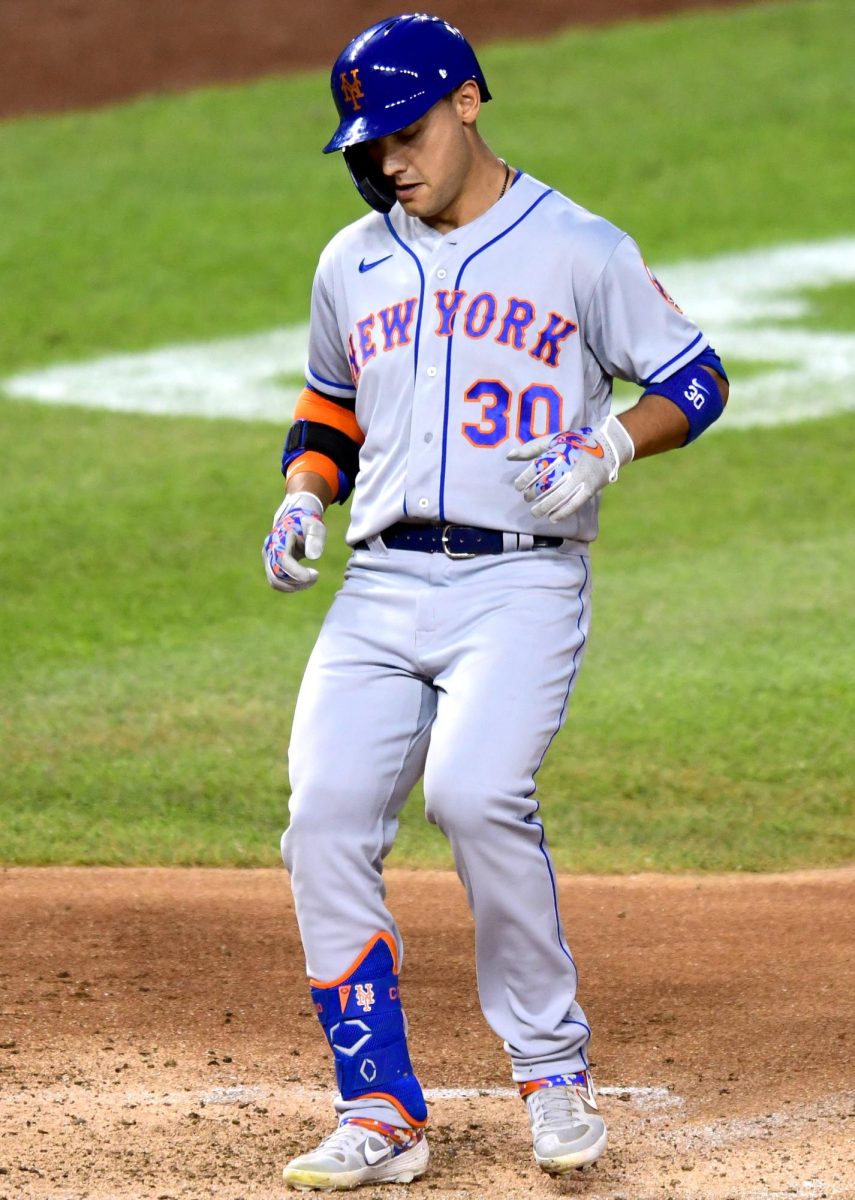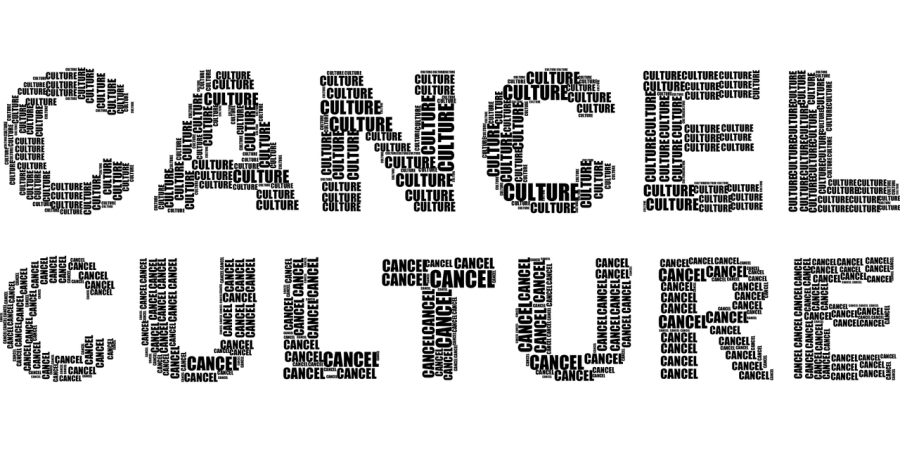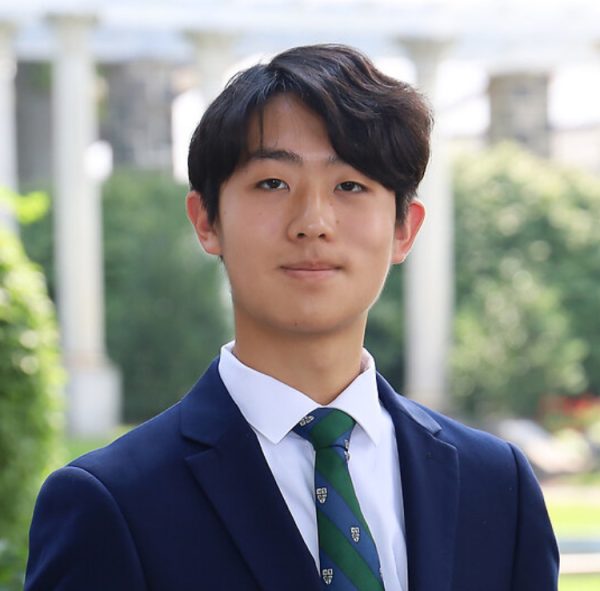The Cancel Culture Question
Controversy and the First Amendment
April 5, 2022
On October 21, 2021, University of Chicago geophysics professor Dorian Abbot was scheduled to deliver the Carlson lecture at MIT’s Department of Earth, Atmospheric and Planetary Sciences. The lecture features research in climate change and was open to the public. However, the lecture was never delivered due to public pressure about Abbot’s political views.
In 2020, Abbot posted a group of slideshows on YouTube criticizing procedures intended to battle racism and sexism in employment and college admissions. He said that he supported the intent but thought that the system was biased against Asian Americans and males and that applicants should be treated as individuals instead of placed in groups. In response to his statements, a group of students and faculty members requested that students to be allowed to withdraw from Abbot’s classes without detrimental consequences. In addition, they suggested the school reconsider Abbot’s teaching status. However, the University of Chicago maintained their policy to protect the right of free speech.
Two months prior to the indende lecture, in August of 2021, Abbot co-wrote an article for Newsweek magazine claiming that the diversity, equity, and inclusion movement was detrimental to equality rather than promotive of it. In disagreement with his views, a large number of scientists and graduate students canceled him on Twitter. On September 30, MIT informed Abbot that they would cancel the 2021 Carlson Lecture, feeling that the conflict over his opinions eclipsed the point of the Carlson Lecture. They invited him to deliver a talk on May 4, 2022, available only to MIT students and faculty. Meanwhile, the James Madison Program from Princeton University’s Department of Politics invited Abbot to give his talk on the same day as previously scheduled.
The dispute over Abbot’s views only serves to demonstrate the controversy over anti-racism (DEI) techniques like Affirmative Action. Some might see these methods as making up for decades of racism and iniquity against minority groups. Critical Race Theory is a prime example of this viewpoint. It employs education about the past regarding white superiority in order to combat racism in institutions. Others, however, believe such techniques to be, simply put, racist. They argue that supporters of critical race theory utilize pre-exisiting inequalities to justify another type of racism.
Another argument regards the involvement of such methods in science. Scientists question where to draw the line between bias and triage, as distinct ancestries and traits can determine the risk of a race-related malady. Several doctors fear misunderstandings regarding their procedures leading to public shaming.
There also remains the dispute about the influence of “cancel culture”. The question remains about how much power online mobs should hold because of how quickly one post can become viral. The relativity of the content should also be taken into account. Abbot’s supporters argued that his talk on climate change had nothing to do with affirmative action. His critics, meanwhile, claimed that the controversy over his views overshadowed the purpose of the presentation. Either way, cancel culture and the effects of racism still incite heated discussions today.
